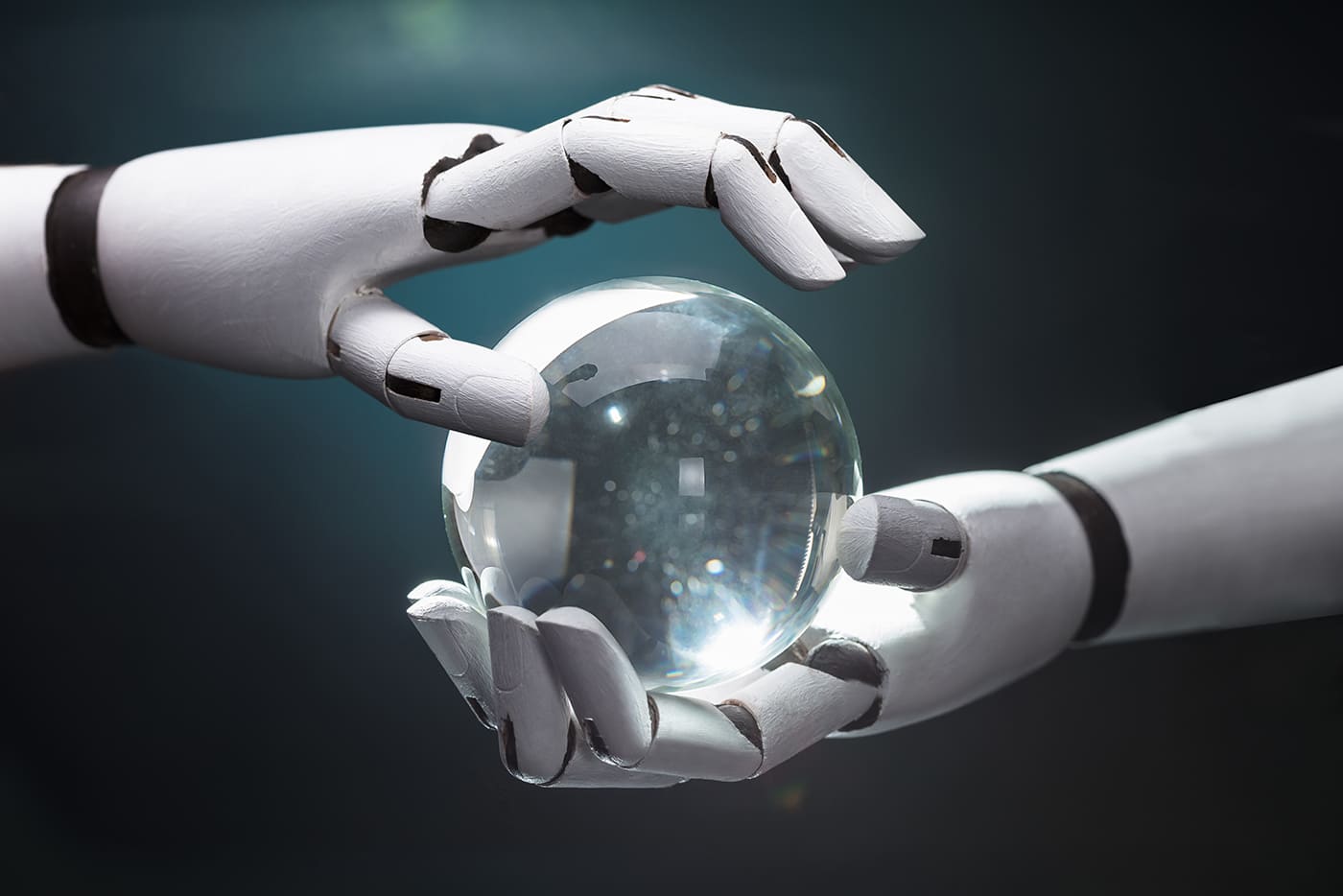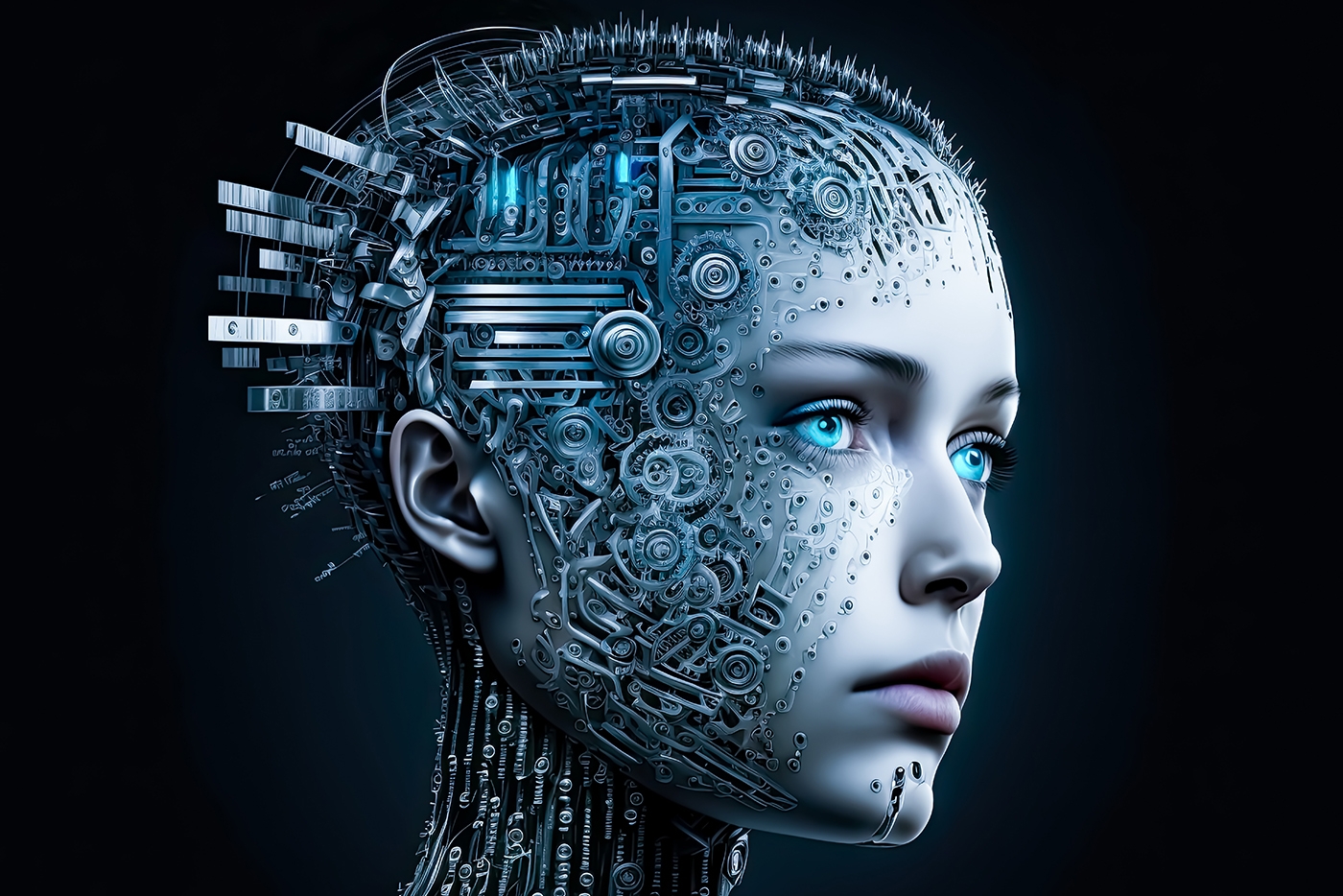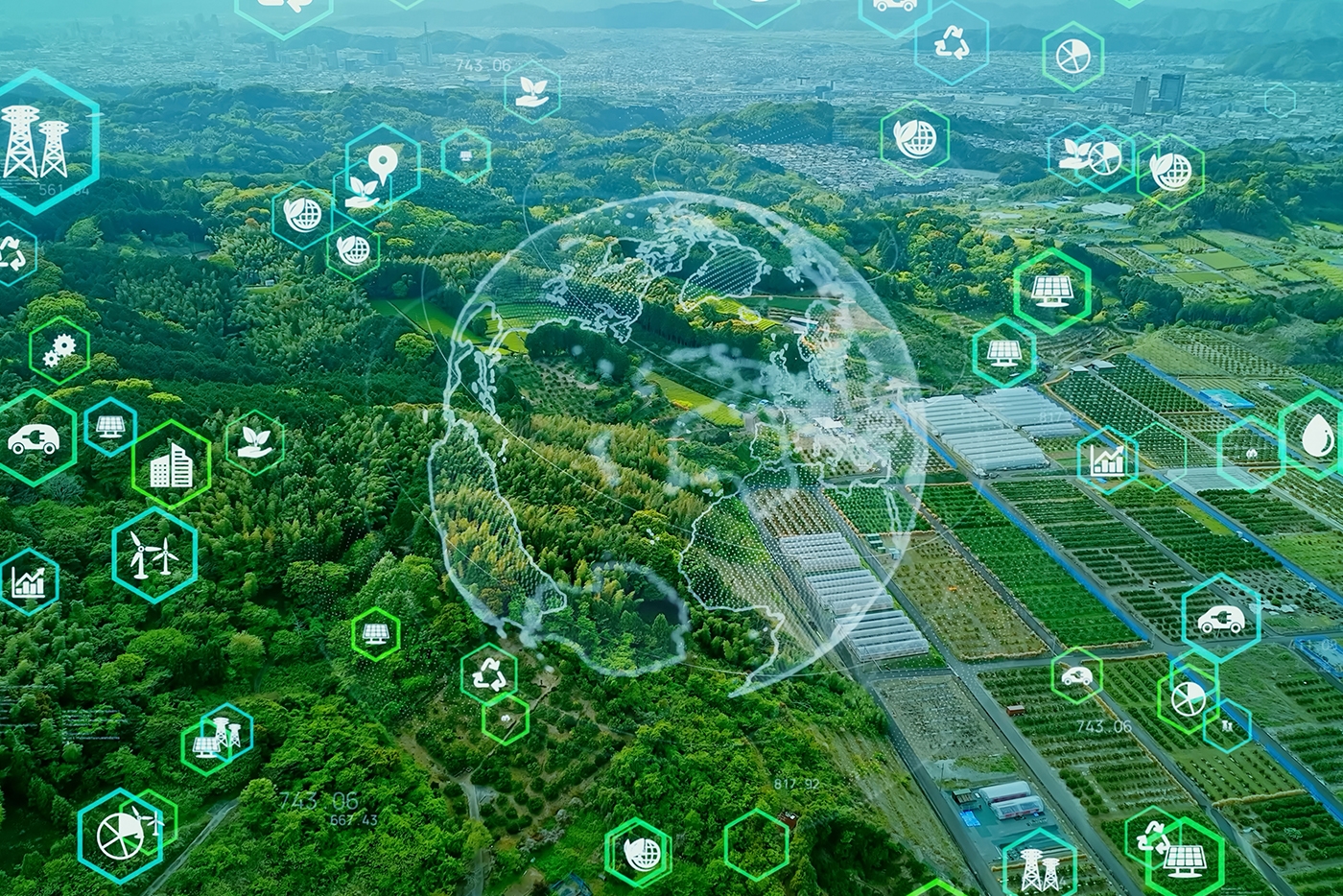Key Future Predictions To 2050: 5 Phases Everyone Should Understand
16 May 2022
What will happen to the world over the course of the next fifty years? Will we see nations replaced by corporations as the leading powers in geopolitics? Will the planet be engulfed in catastrophic conflicts and wars? Or will we see the dawn of a new age of enlightenment where humanity puts aside its differences and works together to build a better and fairer world? According to one leading author, futurist, and social theorist, it could be all three!

Jacques Attali has written over 80 books, covering fiction, non-fiction, and even children's literature. He has also headed the European Bank for Reconstruction and Development, co-founded the EUREKA program for the development of new technologies, and served as an advisor to French President Francois Mitterand. However, what he enjoys most is looking at the past and attempting to use what he finds to predict what will happen in the future.
One of his best-known works is A Brief History of the Future, published in 2006. In it, he postulates that since capitalism overtook militarism as the driving force behind humanity’s progress, in around 1200 AD, there have been nine distinct “core” periods. In each of these periods, progress centered around one geographical core – a city – and one technology that arose in that city.
This started with Bruges, Belgium – associated with the invention of the rudder stock, and progressed through Venice (the caravel – small sailing ships), Antwerp (printing press), Genoa (accounting), Amsterdam (the fluyt cargo vessels), London (the steam engine), Boston (piston engine), New York (electric motors) and Los Angeles (the computer chip).
When Attali joined me recently to take part in a webinar, we discussed the theories put forward in his book regarding what comes next. They do not all make for cheerful predictions! Firstly, he predicts the decline of the United States as the world's dominant superpower. However, he tells me, the situation is more likely to be similar to that which followed the fall of the Roman Empire than the fall of the British Empire centuries later. This is because, as with the decline of Rome, there is no industrialized and modern successor ready to step in and take the place of the US.
He tells me, "That's the core of my book … maybe we will not have a new center. If we have a new center, it means we agree to move from the American empire to a new empire, and my guess is that we are not going to … at the end of the Roman empire, there was no successor.”
Of course, what followed the end of the Roman empire is a period that has generally come to be known to historians as the "dark ages" – with traditional thinking being that we saw a deceleration of human progress, declining living standards, and a bleak period in the development of art, literature, and culture.
“I don’t think China or anyone else can replace the US, like no one replaced the roman empire,” says Attali.
So what comes next? Well, Attali broadly divides the coming decades into five periods – the decline of the existing dominant empire (the US), a period during which other powers (China, Russia, and the European Union, in particular) will attempt to fill the void, a period he calls “hyper empire”, where capitalist corporations will be the leading lights of society and human progress, then “hyper conflict” – warfare, on a local or global scale, and “positive society”, which he also calls the “rule of law” – something similar to a modern re-run of the enlightenment, when humanity started to find its way out of the medieval dark ages that followed the fall of Rome.
Importantly, Attali does not see this as a linear progression – indeed, all of these periods – or "waves," as he calls them, may happen simultaneously. In fact, they probably already are. Which of them wins out, and becomes the driving force behind humanity's development over the next half-century, is currently up in the air.
For example, Attali says Hyper democracy – or “positive society” – might appear after hyper conflict or instead of hyper conflict.
He says, “The ‘third phase’ – hyper empire – is going on now. It’s possible that governments seek to avoid it by closing borders … but I don’t see governments being able to stop it … the US government could have done it but is so embedded with companies that [it can’t] stop them.”
As far as the threat of war goes, local conflicts such as the one currently underway in Ukraine, or others that may arise in disputed territories such as Taiwan, could act as a catalyst for larger global wars.
“Everything is possible, and we should do everything we can to stop this war which is coming, and do everything we can to put in place a global rule of law. We need rule of law for the environment, for health, for hygiene, for food … [otherwise] the biggest losers with be mankind, and life as a whole.”
Attali is also deeply interested in the question of what makes us human – and how that might change as technology – from artificial intelligence to cloning to bio-engineering – unlock new possibilities when it comes to creating and sustaining life. It’s no longer inconceivable that we might one day transcend our mortality by overcoming the effects of aging or replacing parts of our bodies with artificial or mechanical components. But if we are heading towards an eternal life (or at least, greatly increased longevity) where we will live as mindless consumers or slaves to a corporate hierarchy, is there any point?
Attali tells me, "There is no simple answer to that, but if you want to avoid a life which is absurd, I would suggest it is to say simply and with humility that we don't know the reason why mankind is here on Earth, we don't know the reason that a million years ago an entity arose which can ask the question ‘why am I here?’ … the only thing we can do here in the middle of the universe is to have a better mankind and to hope one day to find the answers to these questions.”
Click here to watch my conversation with Jacques Attali in full, where we talk more about his career, his work, and his predictions for the future of the world and humanity.
Related Articles
The Amazing Ways Coca-Cola Uses Generative AI In Art And Advertising
Some say that in the very near future, we’ll need to either adopt artificial intelligence (AI) or be made redundant by it – or by others using it.[...]
The 5 Biggest Risks of Generative AI: Steering the Behemoth Responsibly
In our contemporary world, the pressures of the professional sphere often encroach upon our personal space, giving rise to stress and an overwhelming sense of dread.[...]
3 Ways To Reinvent Your Products And Services For The Future
With the rise of the metaverse and web3 technologies, there’s no denying the next evolution of the internet is already underway.[...]
Virtual Influencer Noonoouri Lands Record Deal: Is She The Future Of Music?
Teenage influencer Noonoouri has 400,000 followers on Instagram and has starred in fashion campaigns for Dior, Balenciaga and Valentino.[...]
Managing Stress at Work: 5 Top Tips Anyone Can Follow
In our contemporary world, the pressures of the professional sphere often encroach upon our personal space, giving rise to stress and an overwhelming sense of dread.[...]
How Can We Use AI to Address Global Challenges Like Climate Change?
As climate change continues to pose an enormous threat to our planet, we must explore innovative solutions that can help mitigate its impact.[...]
Sign up to Stay in Touch!
Bernard Marr is a world-renowned futurist, influencer and thought leader in the fields of business and technology, with a passion for using technology for the good of humanity.
He is a best-selling author of over 20 books, writes a regular column for Forbes and advises and coaches many of the world’s best-known organisations.
He has a combined following of 4 million people across his social media channels and newsletters and was ranked by LinkedIn as one of the top 5 business influencers in the world.
Bernard’s latest book is ‘Generative AI in Practice’.










Social Media